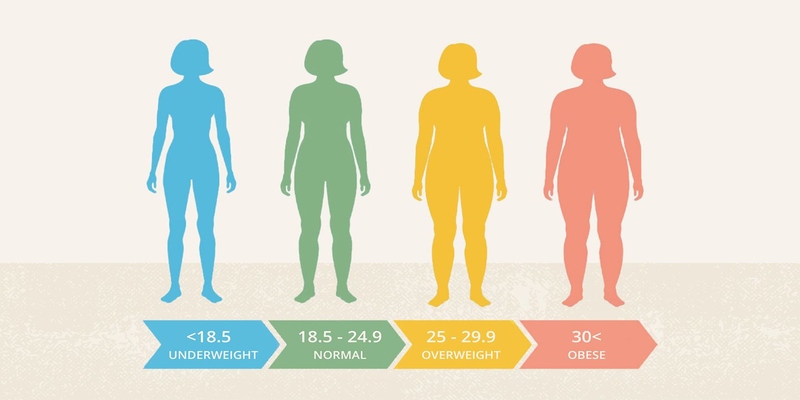The structural integrity of several tissues, including skin, bones, and tendons, is greatly influenced by collagen, an essential protein that is abundant in the human body. It's like a building block: it helps the body's tissues regenerate and mend themselves, and it makes the skin stronger and more elastic. Wrinkles and joint discomfort are frequent symptoms of aging since the body's natural collagen synthesis decreases with age. Diets and supplements high in collagen have recently gained popularity as its significance is more understood. People are looking for them because they may help slow down the symptoms of aging and because they are good for their health in general, including hydrating the skin, easing joint pain, and strengthening bones. Anyone looking to improve their health and look younger should know how vital collagen is and how to keep their body's collagen levels up.

The Health Benefits of Collagen
Collagen Health Benefits
Collagen, well-known for its many health advantages, is essential for staying active and healthy. The beneficial effect on skin health is one of collagen's most lauded benefits. Collagen aids in keeping the skin supple and hydrated; it is an essential component of the skin's structure. Its high concentration in the skin helps to conceal fine lines and wrinkles, giving the impression of a more youthful complexion. Collagen also helps the skin regenerate and mend itself, which is important for recovering from wounds and protecting the skin from external aggressors.
Skin Health and Aging
Collagen has anti-aging benefits that go beyond the surface. Supporting healthy joints is another important function it performs. Cartilage is a protective tissue that helps keep joints in good shape; collagen plays a role in keeping this tissue intact. The likelihood of developing degenerative joint diseases, such as osteoarthritis, rises when collagen levels fall with age. People who suffer from joint problems may get relief from their pain and inflammation by taking collagen supplements. This might improve their mobility and overall quality of life.
Joint and Bone Strength
Bone health is another area where collagen is beneficial. Collagen is the main component of bones and is responsible for their structure and strength. Decreased bone density and an increased risk of fractures may result from the slow but steady loss of collagen that occurs with aging. Studies have shown that taking collagen supplements may increase both the density of bone mineral and the strength of bones generally. Because of their increased risk of osteoporosis, postmenopausal women must pay special attention to this component of collagen supplements.
Natural Sources of Collagen
Collagen Food Sources
Collagen is supplied by certain food sources and is vital for many biological processes. Collagen is mainly found in meals that are made from animals, especially those that are abundant in connective tissues. For instance, collagen-rich bone broth is prepared by boiling bones and connective tissue. Beef shanks, pig feet, chicken wings, and thighs are some examples of tough pieces of meat that are rich in connective tissues and a good source. The skin of fish, in particular, is a rich source of type I collagen, making it an additional great collagen source.
Animal-Based Sources
There is a more roundabout way for those who don't want to eat animal products to get collagen from plants. Even while plants don't naturally contain collagen, there are minerals and meals that may help the body make more collagen. Similarly, the amino acids needed to make collagen are abundant in nuts, seeds, beans, and legumes. Because of its high sulfur content, garlic also aids in collagen formation and protects it from degradation.
Plant-Based Options and Boosters
Collagen may be increased via both direct and indirect means, as well as by certain dietary and lifestyle choices. To keep collagen in good condition, it's best to limit sugar consumption, stay out of the sun, and not smoke. Muscles and tendons may produce more collagen if they exercise regularly, especially if they engage in resistance training.

Collagen Supplements: Types and Considerations
The use of collagen supplements is on the rise in the health and wellness community, and there are a variety of formulations available to meet individual requirements. If you want to make a smart decision, you need to know what kinds of collagen supplements are out there. Types I, II, and III collagen are the most prevalent in dietary supplements, and they all have different functions. For its aesthetic advantages, many seek for type I collagen, which is plentiful in hair, nails, and skin. Joint health normally makes use of type II collagen, which is mostly present in cartilage. The suppleness of skin, as well as the framework of muscles and organs, are supported by type III collagen, which is often combined with type I.
Collagen Supplement Types
You may get these supplements in a variety of formats, such as powders, pills, and liquids. Powders are a popular option among those looking to include collagen into their daily routine effortlessly because of their versatility and how easy they are to combine into beverages or meals. People who have hectic lives or who want things simple often find that capsules work best for them. For those who may have trouble with pills or powders, liquid collagen is a great alternative since it is easy to swallow, has a pleasant flavor, and absorbs quickly.
Understanding Different Types of Collagen Supplements
Take into account dietary choices and constraints while selecting a collagen supplement. Marine collagen, made from fish, is a good choice for pescatarians, whereas bovine collagen, made from cows, is good for those who don't have any dietary limitations. Vegetarians and vegans may not be able to get a collagen supplement that is made entirely of plants, but they may seek for items that help the body produce collagen naturally. These products often include vitamin C and other nutrients that increase collagen synthesis.
Choosing the Right Supplement for You
Quality is also very important. It is recommended to choose supplements from trustworthy companies that acquire their components from reliable sources and are upfront about their production procedures and contents. People may choose a collagen supplement that works for their diet and health objectives by thinking about these things.
Conclusion
Collagen is essential for the health of your skin, joints, and bones, among other parts of your body. Natural sources include foods derived from animals and certain plants, although supplements are more practical. It is important to know what kinds of collagen supplements are available so you can choose one that fits well with your eating habits and health objectives. Collagen is an excellent component to many skincare products, and using it regularly may help you look and feel younger for longer.







